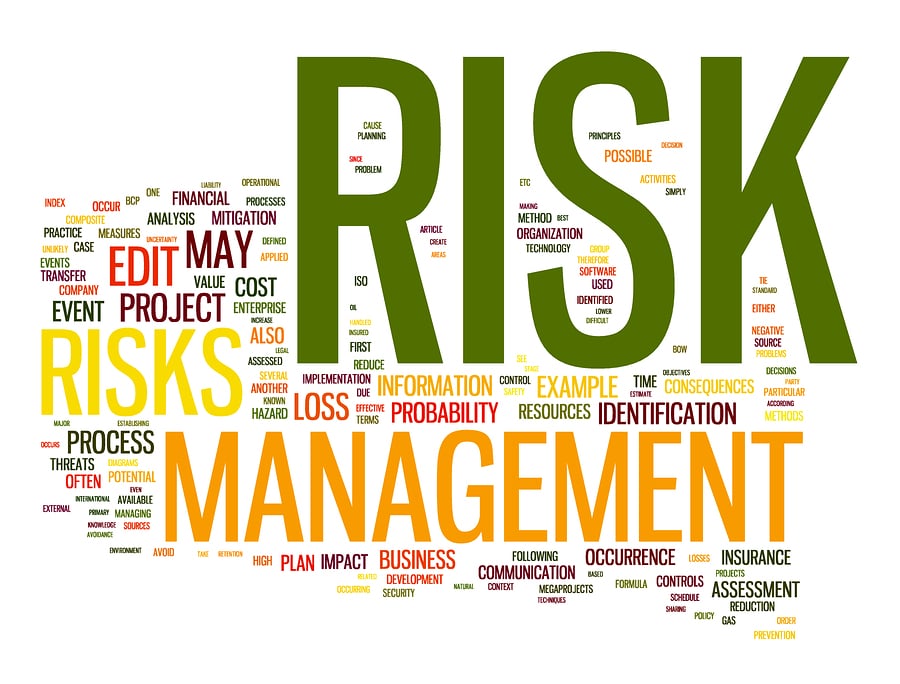People might lose it all if a natural calamity occurs. Because so many computers may have to be replaced, the expense of doing so might be huge. In this situation, risk management is a must-have skill. Companies with a massive database of product information have a significantly higher chance of safeguarding their data overall. This involves ensuring that various threats aren’t able to infiltrate your system and that your data is protected.
Risk Management In Computing
Even if it isn’t the intention, risk management in computing becomes quite convoluted. Realistically speaking, there is no way to prevent hazards in business or life. No matter how confident you are, you can’t expect everything to go as planned. As long as you don’t grasp how the system works, you’ll never be able to get around this difficulty. While discussing risk management in the context of computers, it is important to remember that no one facet of danger can be treated as immutable. It is likely that different sorts of dangers will be at play at various points and locations in the general scheme of things. The two most essential things to remember regarding risks are the fact that one must be aware of them and should be expecting them to happen anytime. Preparation can help you better cope with the challenges that you may face in the future.
It is possible, for instance, that a company or an individual in the region where they dwell must make preparations for a natural catastrophe. This may be a costly tragedy for the area, with dire consequences for its economy. Some type of government support may be necessary to help recuperate from the catastrophe and guarantee the regional economy picks up as fast as feasible if the administration is obliged to intervene in such an event. The second form of risk management is linked to organizations. Ransomware and other forms of cybercrime pose a significant risk to any firm that makes use of machines and networks. Keeping an eye on and securing your network is essential if you want your company’s data to remain safe. This means that network administrators must have a thorough understanding of risk management in the context of computing.
In addition, suppliers have a role in the management of data and technology-related risks. A company’s suppliers may be a major source of headaches. Virus-infected vendors, for example, might lead to data loss, disrupt operations, and ultimately lead to a company’s demise. In order to mitigate supply-chain risks, the formers must be aware and equipped to deal with them in the case of a problem.

